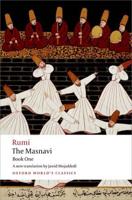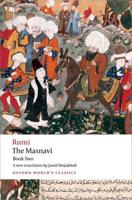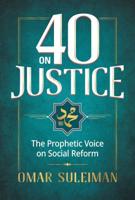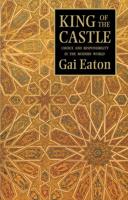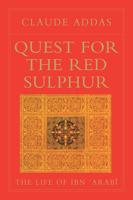Publisher's Synopsis
Using Barry Barnes' theory of power as social order constituted by a routine-knowledge interaction as the theoretical framework of the study, the author argues that the persistent routines of behavior in the case of the International Quds Day is represented by the march demonstrations, rallies and related activities every last Friday of Ramadan since its consecration in August 1979 by Ayatullah Khomeini. There have been online English news reports of Quds Day observances in different countries since the second half of 1990s.
That International Quds Day is observed and commemorated annually by Muslims of the globe through march demonstrations and rallies is the common, collective knowledge of the routines, and this knowledge of the routines is represented in many forms in the cyberspace. As a result of the interaction between the routine and knowledge for almost three decades now, there emerged an embryonic social order-inclusion of Quds Day as one of the Muslim holidays in online calendars of non-Muslim academic, political, religious, cultural, commercial, and personal websites. The growth or death of this nascent social order in the cyberspace depends on the continuity or otherwise of the routine-knowledge interaction that has generated it in the first place.
